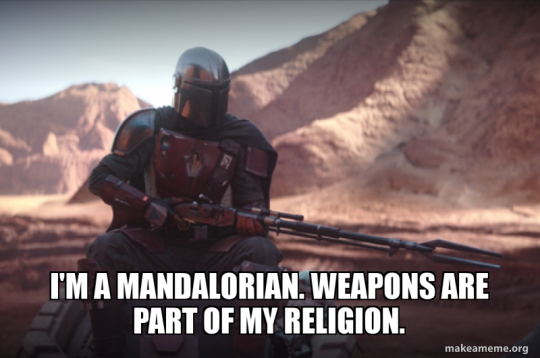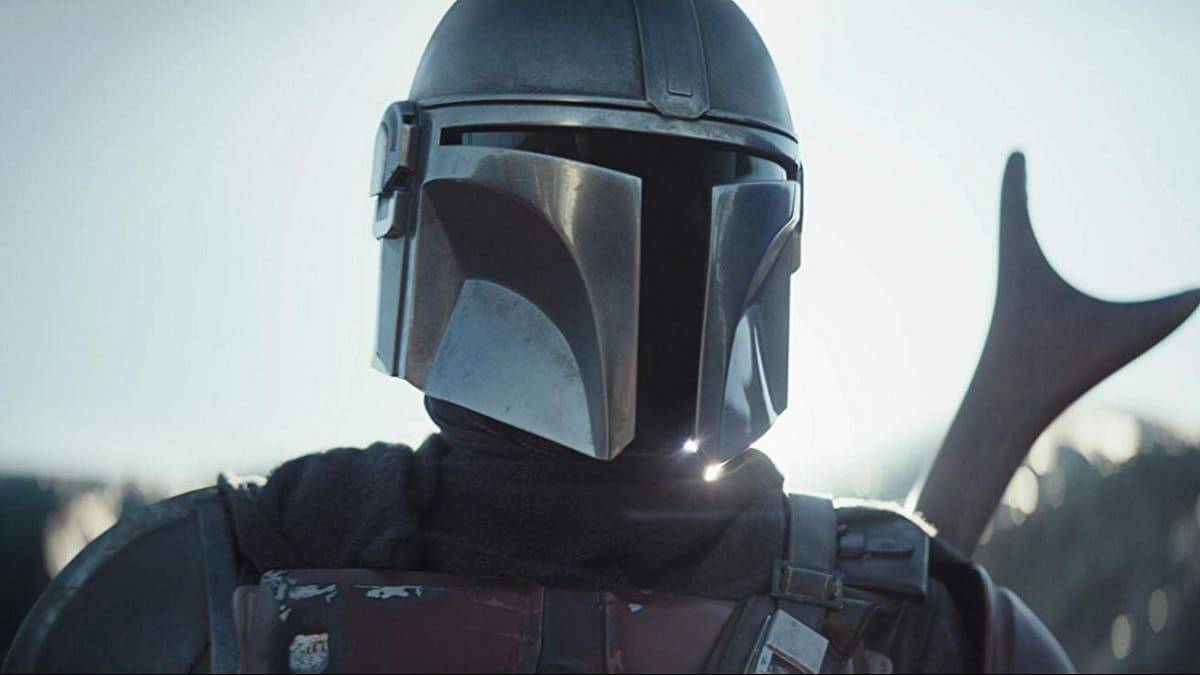Recent installments in the Star Wars universe directly raise the theme of self-interest, and specifically the formation or deformation of the self. These instances help us ask the important question, “Who puts the ‘self’ in self-interest?”
[Mild spoilers: If you are not current on The Mandalorian or haven’t seen The Rise of Skywalker, you may want to flag this post and come back later.]
In the season finale of The Mandalorian, we get a pretty full introduction to Moff Gideon, the former Imperial who has been pursuing The Child. Mando and his companions piece together a bit about Gideon’s history, but this oration from Gideon offering terms of surrender to them tells us what we need to know for the moment about the kind of person Gideon is:
If you’re asking if you can trust me, you cannot. Just as you betrayed our business arrangement, I would gladly break any promise and watch you die at my hand. The assurance I give is this: I will act in my own self-interest, which at this time involves your cooperation and benefit.
That’s about as stylized a statement of homo economicus as one is likely to find in popular culture. A key to season 2 will no doubt be greater understanding of what exactly Gideon’s self-interest consists in, and how The Child advances that interest.
And speaking of stylized characters, there’s been a great deal of talk about the plot lines of Ep. 9, The Rise of Skywalker. Rose Tico, for instance, was “barely” in the film. General Hux also has reduced emphasis from earlier installments in the trilogy, but his demotion also serves as a motivation for his betrayal of the First Order. When Finn asks Hux why he is helping the Resistance, Hux replies: “I don’t care if you win. I need Kylo Ren to lose!” Envy and malevolence have so formed Hux’s character that his self-interest has become identical with Ren’s demise.

The first season of The Mandalorian also provides an extended look at the way in which moral formation can occur. As a Foundling, Mando isn’t a native of the planet Mandalore. But we also find out that the Mandalorian way isn’t tied to race or ethnicity. As Mando puts it, “It’s a creed.” As he is raised and brought up in the beliefs of the Mandalorians, Din Djarin comes to embrace The Way. As also introduced in the season finale, the Way’s strictures as regards Foundlings will also be determinative for the future course of the series, as Mando must either return the Child to its people or raise him in The Way.

